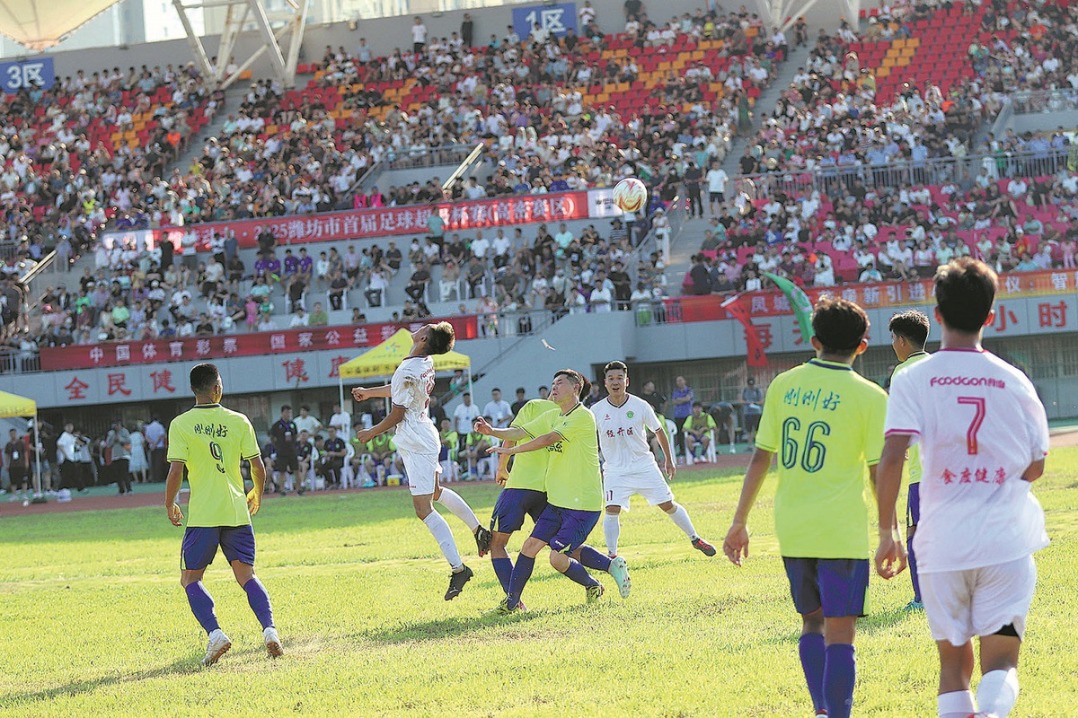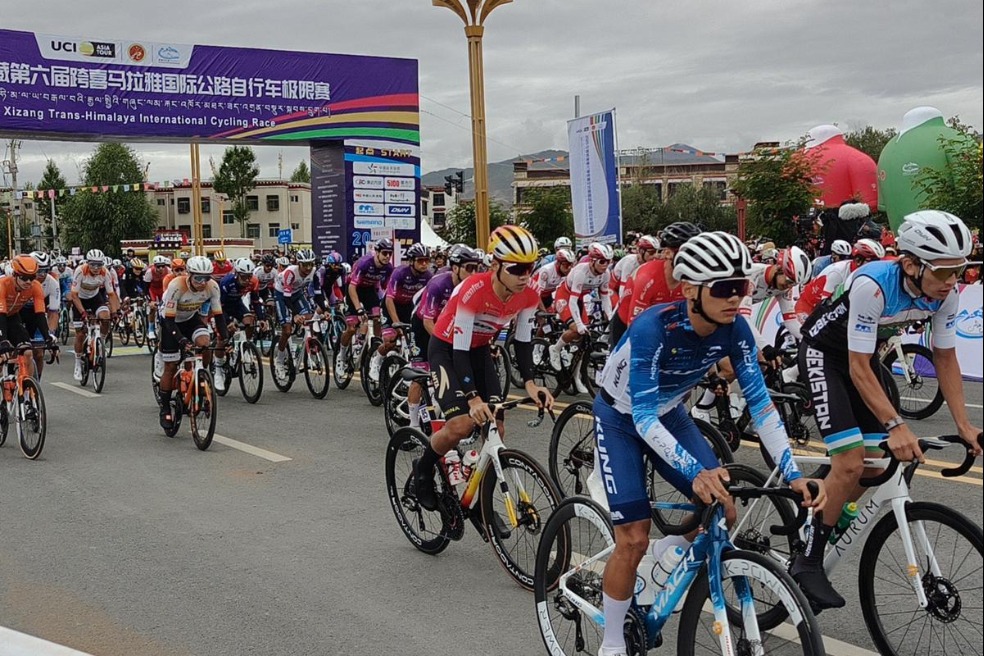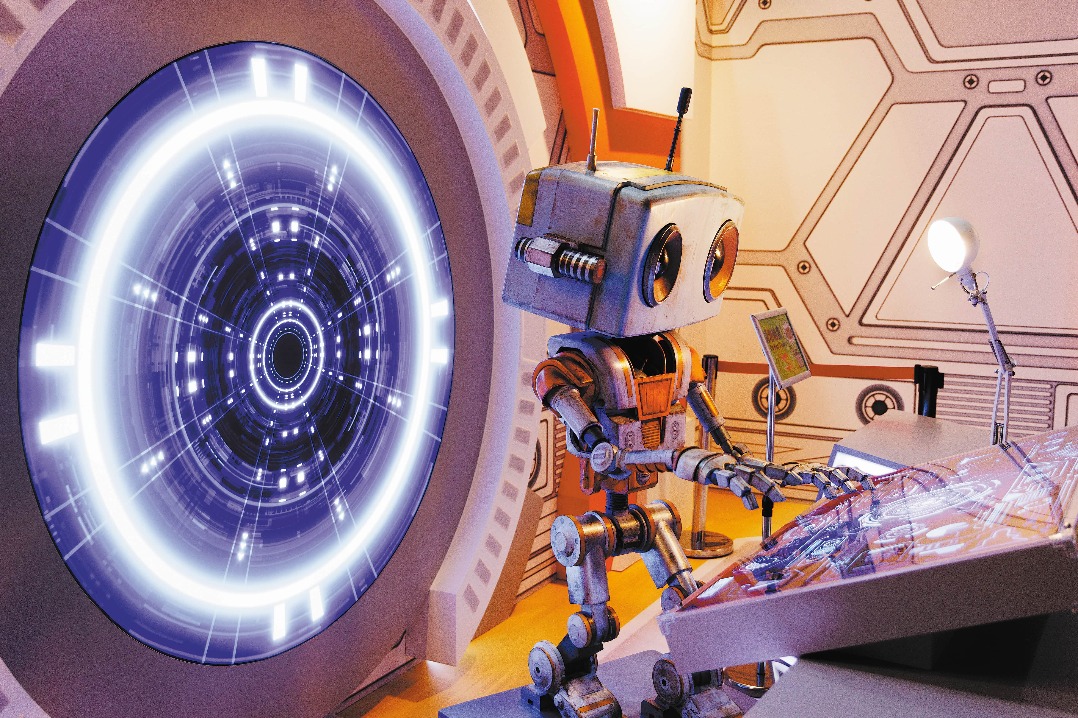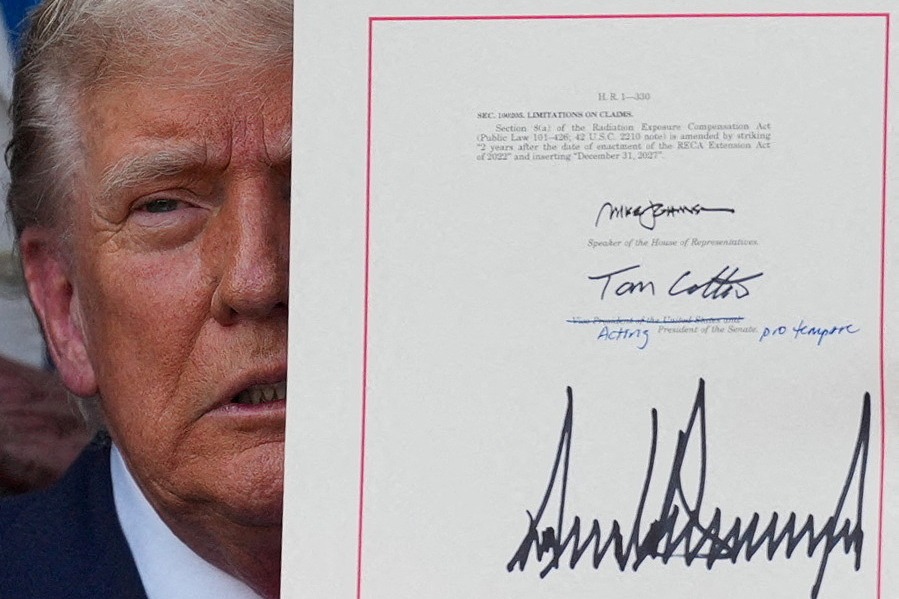Hong Kong needs to start national education in schools to guide the youth

In the 20 years since the handover, implementation of "One Country, Two Systems" in Hong Kong has been successful but has faced strong resistance. As the 20th anniversary of China's resumption of the exercise of sovereignty over Hong Kong nears, it would help us better exercise "One Country, Two Systems" in future if we review the experience of the past 20 years and learn from our own hits and misses.
In summarizing triumphs and troubles over the past 20 years education deserves close scrutiny. Young people are our future; without them Hong Kong has no future. Since the handover, however, our work in education and youth guidance has been less than successful. It is an important task we have failed to fulfill. We paid little attention to "decolonization" and failed to keenly examine the incongruence between the colonial-era education system and post-handover Hong Kong under "One Country, Two Systems". This left the education system outdated for 20 years and sorely lacking an adequate national education necessary to equip students with proper knowledge about the motherland and help them identify with her.
As a result of this oversight local schools were not required to devote time and effort to introducing and explaining the Basic Law of the Hong Kong Special Administrative Region and "One Country, Two Systems". Instead of educating the younger generation about the nation's history most schools did little to help students learn about and understand the country; some of them even let teachers brainwash innocent students with their own political bias, thanks to the government's decision to include Liberal Studies classes in school curricula without guidelines for suitable teaching materials. Such failures in basic education came with some appalling consequences, none more so than the illegal "Occupy Central" movement and Mong Kok riot, in which many young students broke existing laws without knowing it was wrong and embraced separatist ideas such as "self-determination" and "Hong Kong independence".
The "anti-national education" campaign of 2012 was a particularly sad example of education slipping back. National education is a matter of course in all countries around the world because it is necessary to instill civic duty awareness in future citizens. It is more important for former colonies like Hong Kong because the education system under colonial rule was designed to nurture loyalty to a foreign country. After the handover we should have done our best in filling the blanks in national education left by more than one and a half centuries of colonial rule - but didn't. It was neglected until 2012 and shot down by an "anti-national education" campaign before takeoff. With the demonization of national education, Hong Kong society feared even mentioning the phrase. Soon the campaign turned into an "anti-China" hysteria that poisoned the minds of many young people and turned them against their own nation, while allowing ill-motivated forces to misinterpret the Basic Law and "One Country, Two Systems" principle with various lies.
There is no doubt the "anti-national education" campaign was the prelude to the illegal "Occupy Central" movement in 2014 and Mong Kok riot in February last year. In those incidents and other political disturbances we saw most of the participants were young people misled by radicalism and separatism. Considering many of those young people were born shortly before or after the handover and educated in the HKSAR, it is simply inconceivable and tragic for them to "miss" something they never experienced - colonial rule. And whose fault was it? For the sake of its future Hong Kong society must reflect upon its missteps in education.
Hong Kong has a long way to go in implementing "One Country, Two Systems". As far as implementing "One Country, Two Systems" correctly and faithfully in the years to come, educating the younger generation properly is a task we simply cannot skip.
In the Secondary Education Curriculum Guide (Draft) published in May the Education Bureau lists education in ethics, civic values and the Basic Law as key contents enjoying priority treatment and recommends that secondary schools devote up to 51 hours to Basic Law education in their existing junior middle school curricula alongside life and social knowledge, Chinese history and geography teaching. The draft guide also requires schools to ensure their students correctly understand "One Country, Two Systems" and know how the Basic Law applies in their daily life so they will learn at an early age the essentials about the rule of law, equality and national identity; while building a solid knowledge base on Chinese history and culture in their young minds to enhance their awareness as Chinese citizens.
Many people may feel frustrated that it took nearly 20 years for policymakers to realize what was missing in school education but it is better late than never. In the past two decades or so the failure to include national education, and knowledge about the Basic Law in particular, was blamed on misunderstanding among many adults, including teachers, toward the Basic Law and "One Country, Two Systems". That is why the next-term SAR government must step up education of the public on correct and complete understanding of the Basic Law and "One Country, Two Systems".
The author is dean of the School of Management at Xiamen University. His commentary originally appeared in Chinese in Ta Kung Pao on June 10.
(HK Edition 06/20/2017 page8)
Today's Top News
- New market entity data show vitality
- Autumn recruitment race for AI talent heats up
- Beijing's initiative promotes global AI governance
- Chengdu games hailed as the new benchmark
- Xi, Lula pledge to deepen China-Brazil cooperation
- China, US extend tariff suspension for 90 days





























